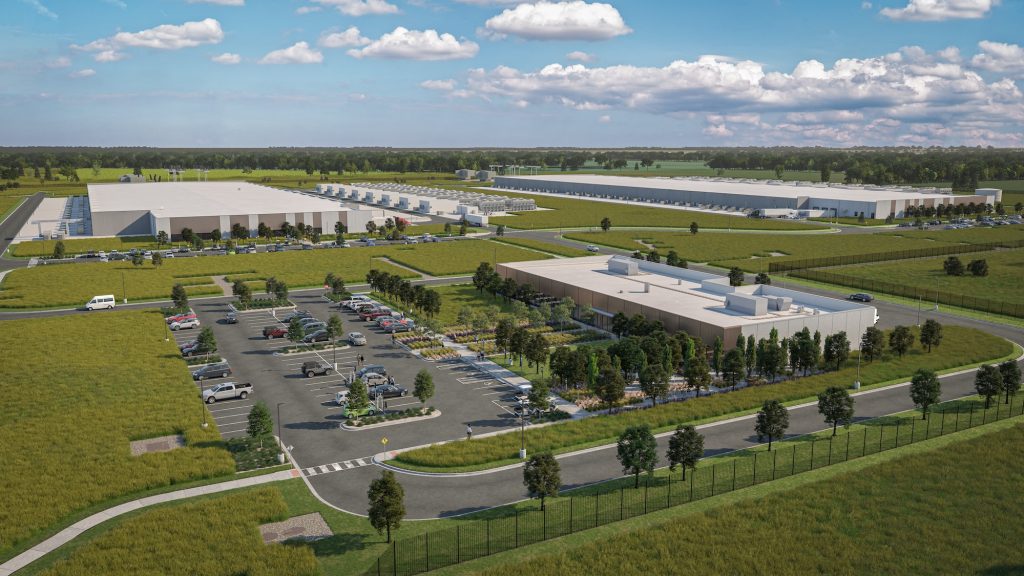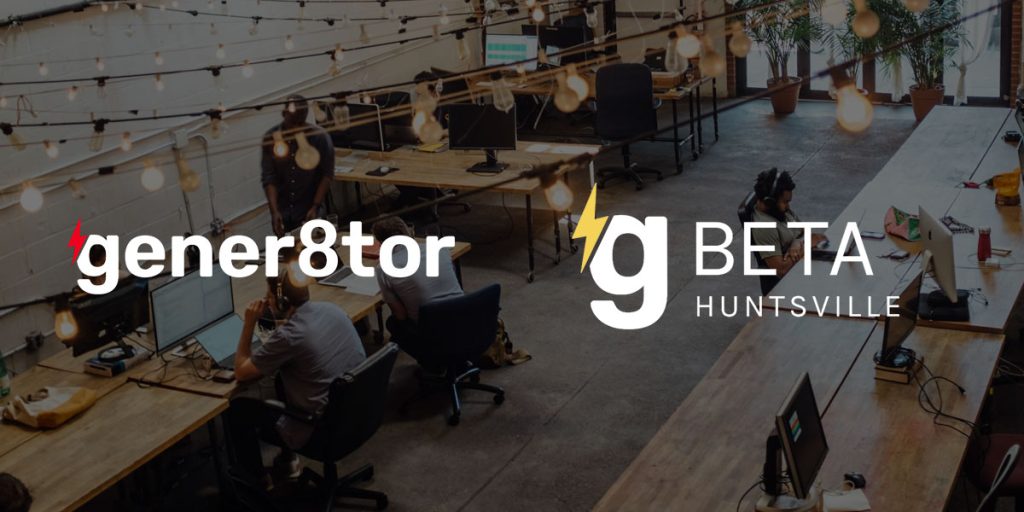Three weeks after Forbes published a deep-dive about the Magic City’s strides to become a tech hub, entitled “Inside Birmingham’s Bid To Become The Southern Silicon Valley,” Barron’s hailed the city in an article with the title “Add Birmingham To Tech’s Growing List of Hubs.”
Written by Jon Swartz, the new piece discusses “the economic renaissance of The Magic City” from “the Pittsburgh of the South” to the “Southern Silicon Valley.”
“There’s an intersection in downtown Birmingham, Ala., they call the ‘heaviest corner on Earth’ as a symbol of its status as a steel and iron town nearly a century ago,” Swartz began.
He continued, “Today, one of its pillars – a converted bank in the John A. Hand Building – is home to Shipt, the city’s big tech success story. It employs 400 here, with plans to add another 880 jobs in the next few years.”
Shipt, which sold to Target last year for a whopping $550 million, is Birmingham’s most well-known tech company, as Todd Stacy pointed out in Monday’s Daily News Digest for the Alabama Daily News. However, the company is one of many stories of entrepreneurial achievement incubated by a tech and business-friendly environment in Alabama.
Like the Forbes article, Swartz’s piece for Barron’s lauds the Innovation Depot’s role in Birmingham’s growing success.
The Innovation Depot, he noted, is “a shuttered 140,000-square-foot Sears store from the 1980s has been converted into a thriving center for more than 100 tech companies and entrepreneurs in the region.”
Swartz then names some lesser-known but very impressive Birmingham-based tech companies:
- XpertDox, “a 3-year-old company at the depot that has compiled a comprehensive database of the highest-rated doctors specializing in disease treatments.”
- Helplightning, “is the fifth startup of Gary York, a Huntsville, Ala., native who spent time in Silicon Valley. He’s returned home to raise a family and help lead a generation of new companies like his own—which has developed a virtual reality tool for customer-service agents to install or fix equipment.”
- Planet Fundraiser, “a mobile app for cash-back programs for fundraising located nearby. It has partnered with 500 merchants and 25 major retailers such as Home Depot (HD) and Walmart (WMT).”
He later recognizes Amazon’s decision to build an 855,000-square-foot fulfillment center in Bessemer that will employ 1,500 as another clear sign “of tech’s emergence.”
But it is the University of Alabama at Birmingham (UAB) that often flies under the radar in Birmingham’s tech eruption, Swartz notes.
Swartz calls UAB the “sleeping giant in all this” and praises its $7 billion annual economic impact on the city.
The just-opened Bill Harbert Institute for Innovation and Entrepreneurship hopes to further build a culture that “fosters innovation and entrepreneurship” that works within the framework of the community, its executive director, Kathy Nugent told Swartz.
“We want UAB to be a pipeline to the city’s developing tech hub,” she said.
Per Barron’s, “Nugent wants to make UAB a launching pad for the city’s next generation of tech startups.”
Shipt founder and CEO Bill Smith has similarly lofty expectations for the “Southern Silicon Valley.”
“Tech is the fastest-growing industry here,” Smith emphasized. “You will soon find names of that industry on the top of buildings downtown besides those of banks and insurance companies.”
Sean Ross is a staff writer for Yellowhammer News. You can follow him on Twitter @sean_yhn













